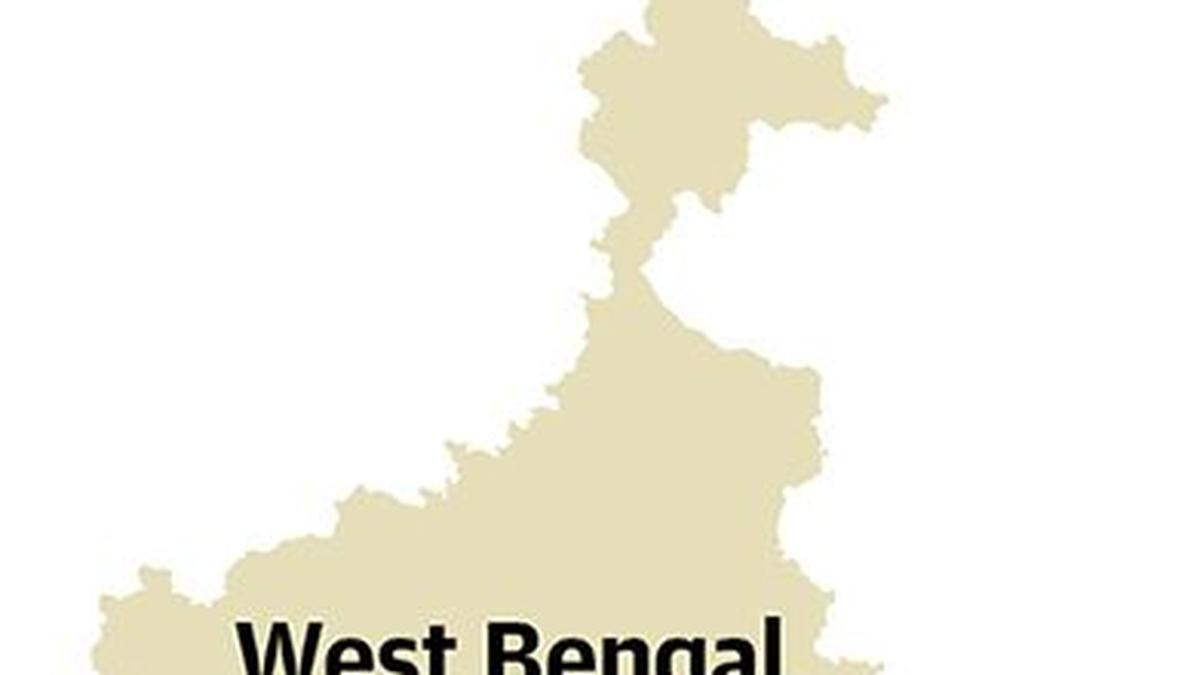Over the last few months, migrant workers from West Bengal have been detained in large numbers across India and asked to provide proof of their citizenship. From Odisha and Chhattisgarh in the east, to Maharashtra and Gujarat in the west, and to Delhi, Haryana and Rajasthan in the north, thousands of migrant workers have been detained by security agencies, sometimes in hundreds, and for days. A few of them have been pushed into Bangladesh. These detentions have not only caused physical and emotional trauma to the migrant workers, but also disrupted their work cycles, forcing many of them to return to West Bengal.
The targeting of migrant workers from the State has created a churn in West Bengal politics. For the ruling Trinamool Congress, the plight of the workers has come as an opportunity to rekindle the debate about Bengali language and identity. West Bengal Chief Minister Mamata Banerjee has said that migrant workers have been targeted in BJP-ruled States for speaking in the Bengali language and that this is an insult to Bengali identity. The Trinamool leadership has started building its campaign for the 2026 Assembly elections by following a script similar to what it had followed successfully during the 2021 Assembly elections.
The BJP argues that the exercise in BJP-ruled States is aimed not at targeting migrant workers from West Bengal, but at identifying and removing “illegal” immigrants from Bangladesh. The West Bengal unit of the BJP, which promises restoration of a “Hindu homeland” for Bengalis, believes that the targeting of migrant workers from the State, most of whom are Muslim, will not hurt the party’s political prospects. BJP leader Suvendu Adhikari has also said that “nearly one crore Rohingya immigrants, Bangladeshi Muslim voters, deceased voters, duplicate entries, and fake voters” have made it to West Bengal’s voters’ list in large numbers, which is why the BJP is demanding a Special Intensive Revision exercise in West Bengal as well.
Some political observers feel that the detention and harassment of Bengali-speaking migrants has provided a clear edge to the Trinamool leadership, which can easily paint the BJP as a party opposed to Bengali language and identity. After all, the BJP has no answer as to why a large number of migrant workers from the State are being detained and harassed. While a majority of the migrant workers facing harassment are Muslim, Matuas — a community that has largely supported the BJP and was promised citizenship under the Citizenship Amendment Act, 2019 — are also being detained, arrested, and forced to provide proof of citizenship.
Migration is a complex phenomenon involving economics, history, and geography. A report on internal migration in India, published by NITI Aayog in December 2024, had estimated inter-State migration based on unreserved train tickets sold. It used the 2011 Census as its base. The report titled ‘400 Million Dreams’ pointed out that there is not only outward migration from West Bengal but also inward migration.
If Bengali-speaking migrants continue to be harassed across India and are forced to return to the State, it will not only put pressure on the West Bengal economy, but also lead to social tensions. Disrupting the natural economic cycle of millions of migrant workers by detaining them on suspicion of being Bangladeshi can have serious implications on the economic and societal landscape of West Bengal.
Moreover, as the State has a shared history and geography, as well as close cultural and linguistic ties with Bangladesh, it is difficult to identify a Bangladeshi national among Bengali-speaking migrants. Poor migrant workers are being detained simply because they speak a particular language. This is not only a violation of due process, but also an exercise in futility. Efforts should instead be made to strengthen surveillance on the border and fence hundreds of kilometres of India’s border with Bangladesh.
Meanwhile, migrant workers returning to West Bengal have little option but to look for opportunities in other States. With no jobs in West Bengal and no compensation from the government, the workers will naturally take the next train to a relatively safer destination. This time, however, they may travel with more identity documents so that they are not harassed on suspicion of being Bangladeshi.
Published – August 13, 2025 01:08 am IST
